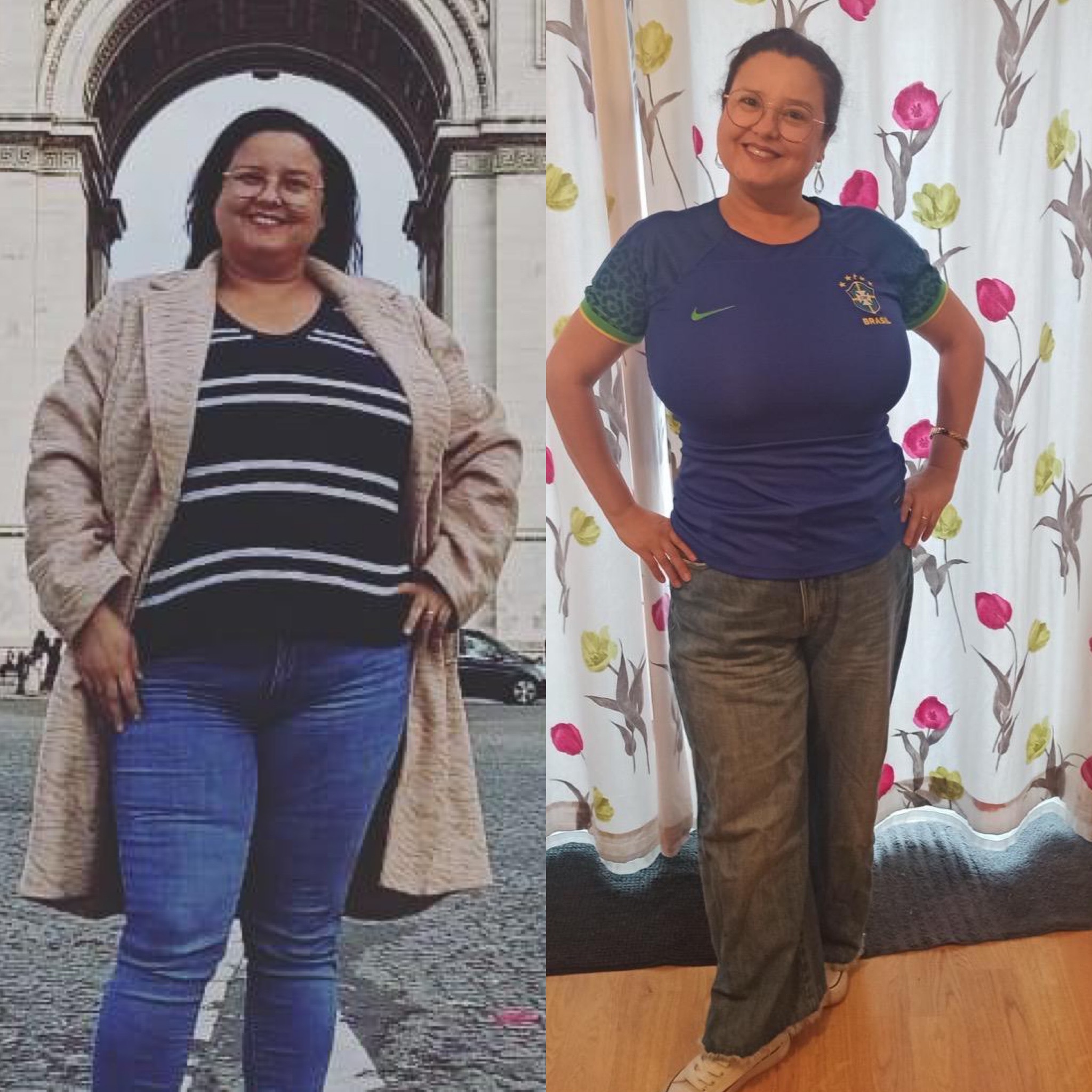How a Nutritionist Can Transform the Lives of Those with Autism

How seeing a nutritionist can impact positively people with autism?
Emerging research suggests that diet may play a significant role in managing symptoms of autism spectrum disorder (ASD). One well-documented connection is the interplay between gut health and brain function, often referred to as the gut-brain axis. Studies have found that children with autism are more likely to experience gastrointestinal issues, which can exacerbate behavioural and cognitive symptoms. Adjusting the diet to include whole, unprocessed foods, reducing inflammatory triggers like gluten or dairy, and promoting a healthy gut microbiome through probiotics and fibre can help improve both physical and emotional well-being. While dietary changes are not a cure, they have shown promise in alleviating symptoms such as irritability, hyperactivity, and sleep disturbances in many cases.
Nutritional deficiencies are another area of concern for children with ASD, as selective eating behaviours and food intolerances are common. Essential nutrients such as omega-3 fatty acids, zinc, magnesium, and Vitamin B12 are critical for brain function and development but are often lacking in the diets of children with autism. Tailored interventions, including dietary supplementation and balanced meal plans, have been shown to support improved cognitive performance, better focus, and enhanced mood. While more large-scale research is needed, these findings highlight the importance of working with a qualified nutritionist to create personalised strategies that address the unique needs of children with autism.
Learn more about Randy, a 9-year-old autistic boy who had the most incredible health transformation with the help of a nutritionist. Discover how the tests and changes in his diet made all the difference. The article is written based on his mum’s live interview with us.
Success story: Nutritionist for Autism and Attention Deficit Disorder

How changing the diet can have such a big impact on the life of an autistic child and the family?
Marcia, the mother of Randy, who is an autistic 9-year-old boy, looked for help from a nutritionist after many months of her son complaining about stomach aches, leg pains, and not sleeping well at night.
Marcia, tell us here how much your son improved when he started eating healthier:
“He is very intelligent and bright boy. At 4 years old, he was diagnosed with autism and ADHD. So I was always making sure he had the best care and I am always doing my best to ensure I am aware of the best that is available for people with autism.
One day, he started to complain of leg pain, headaches, and stomach aches. I would take him to the doctor (GP), and the doctors always told me that children confuse these things. That they can’t report symptoms properly.’
After a while, not only was he still with stomach discomfort, not sleeping well, and agitated, but he started to complain of a racing heart. Doctors didn’t take it seriously, and the boy kept complaining. It was very difficult to sleep at night, not only for him, but for us in the house as well.
Marcia explains: ‘So then one day I said: enough! I was going to Raquel Britzke Clinic myself, and I mentioned my son’s case to the nutritionist. Immediately, she said: I can help him with tests and a proper diet.’
‘In the first consultation with the nutritionist, the nutritionist requested an intolerance test, and that was the best thing for his life. Everything improved. The list of foods that he should eliminate were things that he ate regularly. As soon as we removed these foods and substituted them for equivalents, everything changed. In the first consultation his measurements were taken and he was slightly underweight as well.’
A blood check-up was also requested to see his nutritional status.
Combining these tests with the consultation, a personalised meal plan was created, taking into account Random’s food preferences at the time he was 7 years old, considering he was a child in the development phase and, of course, had his food preferences and intolerances. Nutritional supplements were also prescribed to complement the treatment.
His mother was attentive, meticulously prepared all meals at home, and guided the school on his diet. Of course, as an autistic child he has his preferences, but he understood very well that some foods would be great for his tummy, so he was happy to try new ones slowly.
What improved on his health after the tests and personalised diet?
Body weight: He was underweight, but now he is within the normal weight range for his height and age.
Sleeping: His sleep greatly improved. Randy is not kept awake because of stomach ache or leg pains anymore.
Eating habits: he loves trying new foods, he is not a very selective autistic child, for example, about the colour of food. However, he is selective about eating natural foods and some textures. He liked the consultation with the nutritionist because he learned and understood what needs to be done to feel better.
‘He likes the fact that the nutritionist talked to him, explained everything and also advised him on what to do. He felt in control’, explains his mum.
And the physical symptoms, how does nutrition impact it?
The stomach, bone, and leg pains have all disappeared, and there are no more symptoms or pains. He is well-nourished and has a healthy body weight.
Randy has very good communication skills when describing what he feels. He loves looking at food ingredients and participating in grocery shopping and in what goes into the house.
The broader impact:
Marcia proudly says: ‘The diet improved absolutely everything. The fact that he eats well, he has more patience, he talks more. His attention improved a lot at school, and his performance improved a great deal.’

Additionally, Marcia notes that there are a lot of limitations in information about autism and diet, and often, parents do what they know, and what they know is not enough to help their child.
She also reports that: ‘many parents that I know of autistics children lack on guidance, but I am sure that seeking a nutritionist is essential to improve the development and performance of the autistic child.’ She can confidently say that because she participates in groups with other parents of children with autism.
Why is nutrition so important for children with autism and ADHD?
Nutrition plays a vital role in brain development, gut health, and overall well-being. For children with autism and ADHD, addressing potential food intolerances and ensuring a balanced diet can help reduce symptoms like irritability, lack of focus, and physical discomfort.
Personalised plans created by a nutritionist also consider a child’s sensory preferences, ensuring they enjoy their meals while receiving all the nutrients they need for growth and development. It is well know that autistics are fussy eaters, but even within the fussiness there is many possibilities to be healthy when you work with a nutritionist to guide you.
A holistic approach that benefits the entire family
By improving Randy’s health, the entire family has felt the benefits. Marcia highlights how much calmer and more organised their daily life has become. With fewer health concerns to manage, there’s more time to focus on bonding and celebrating Randy’s milestones. Seeing a nutritionist for autism was a life change!
If you know someone with autism who could benefit from nutritional assessments and consultations, get in touch with us. We’d be delighted to help with a tailored approach.
Get an action plan with a Free Assessment!
Get personalized insights to enhance your well-being and achieve your goals. In this 15-minute video call, we will listen to you and guide you on what you need to do.
Schedule Your Free AssessmentRecent blogs






